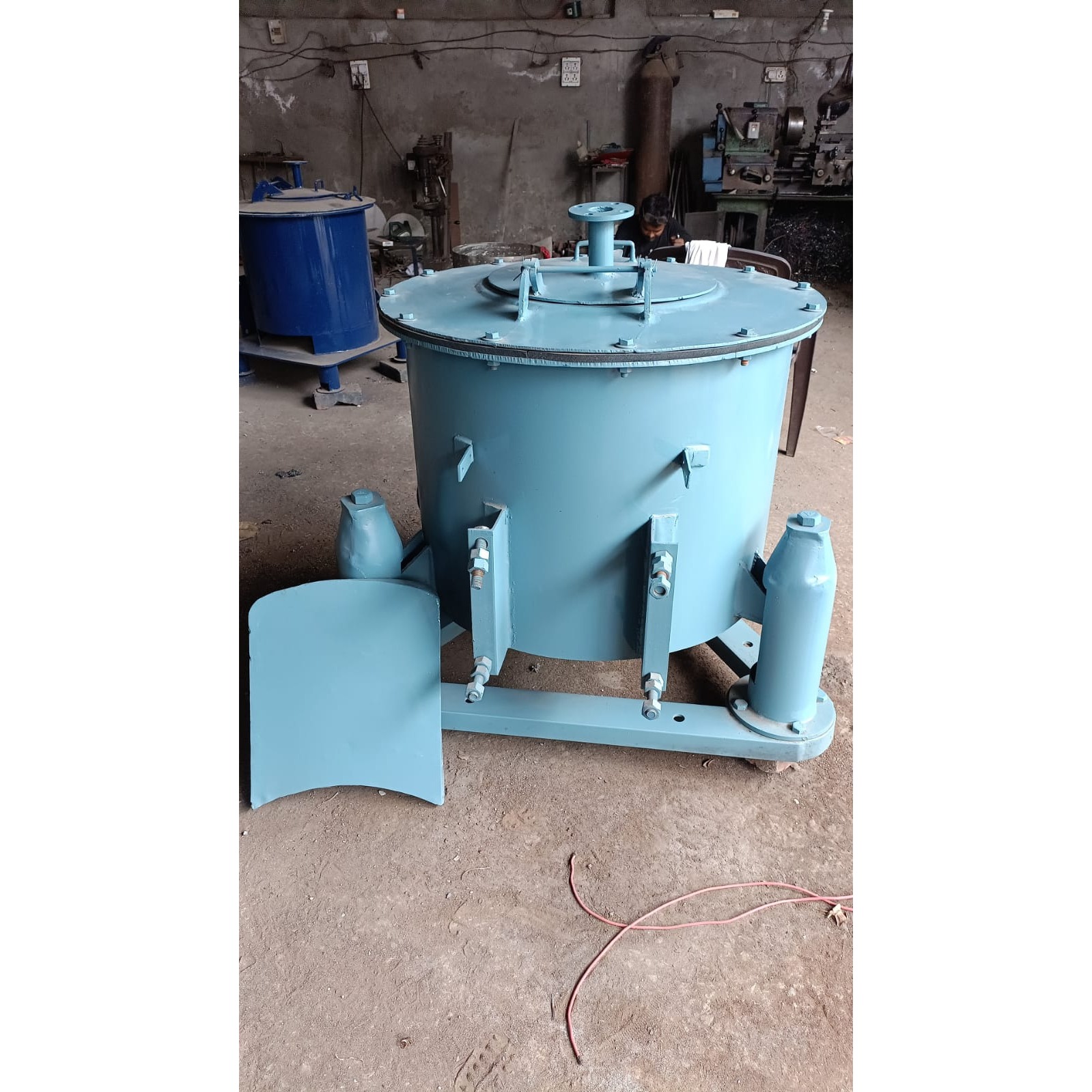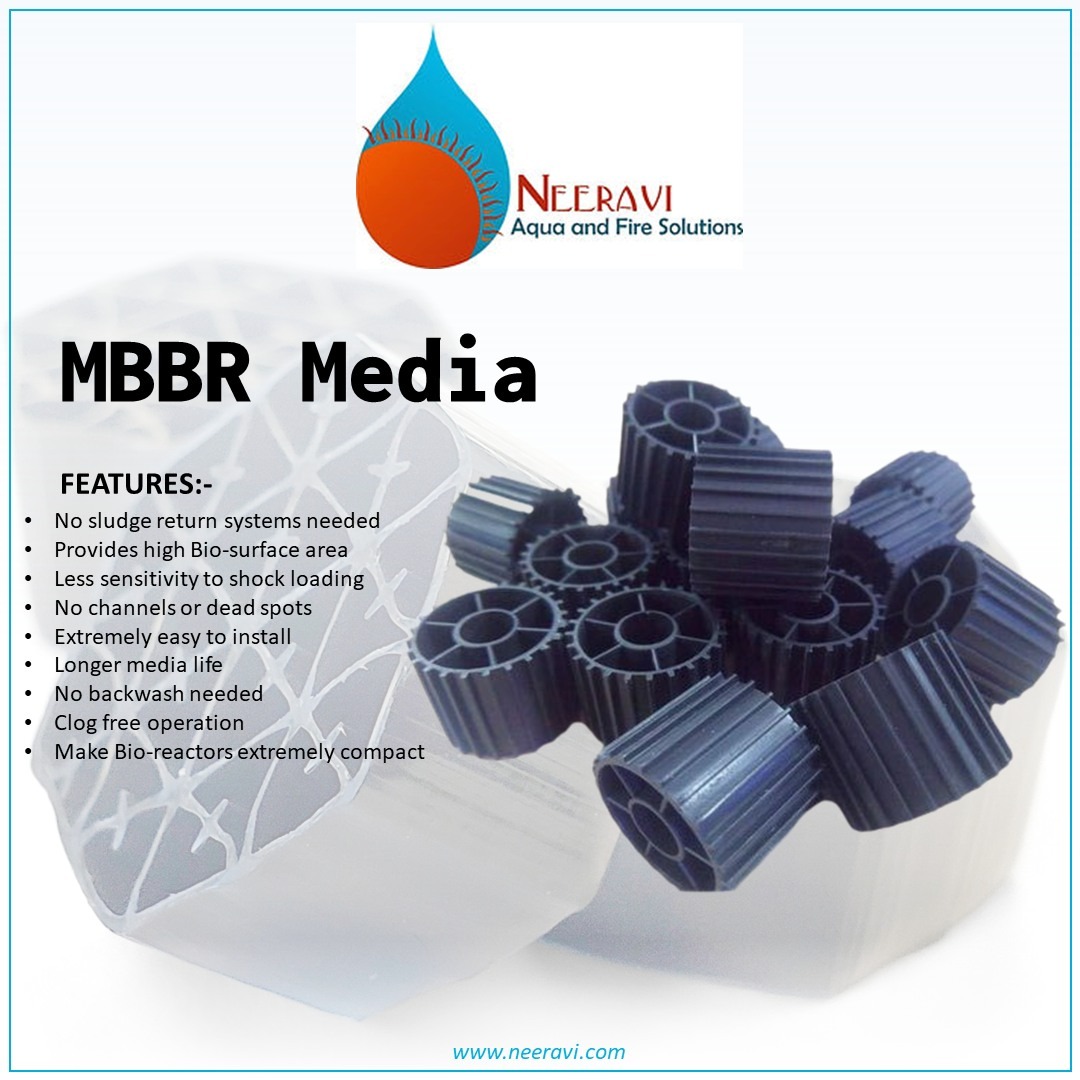
Centrifuge is manufacture in Delhi.
A centrifuge is a device that uses centrifugal force to separate substances of different densities. It's commonly used in laboratories, medical settings, and industrial processes. Here are some key points about centrifuges:
1. **Function**: By spinning samples at high speeds, a centrifuge creates a force that pushes heavier components to the bottom of a container, allowing for separation. This is useful in applications like blood sample analysis, where cells can be separated from plasma.
2. **Types**: There are various types of centrifuges, including:
- **Microcentrifuges**: Used for small volumes, often in molecular biology.
- **Clinical centrifuges**: Commonly found in hospitals for blood testing.
- **Refrigerated centrifuges**: Used when samples need to be kept cool.
- **Ultracentrifuges**: Used for very high speeds and separation of small particles.
3. **Applications**: Beyond medicine, centrifuges are used in biochemistry, food processing, wastewater treatment, and even in the aerospace industry for simulating G-forces.
4. **Safety**: Proper use and maintenance are crucial, as imbalances or faulty equipment can lead to accidents. Safety features may include locking lids and emergency shut-off systems.
Keywords
Proper use
key points
high speeds
locking lids
small volumes
various types
blood testing
Safety features
food processing
small particles
faulty equipment
medical settings
centrifugal force
molecular biology
aerospace industry
heavier components
different densities
Clinical centrifuges
wastewater treatment
industrial processes
blood sample analysis
Refrigerated centrifuges
emergency shut-off systems



